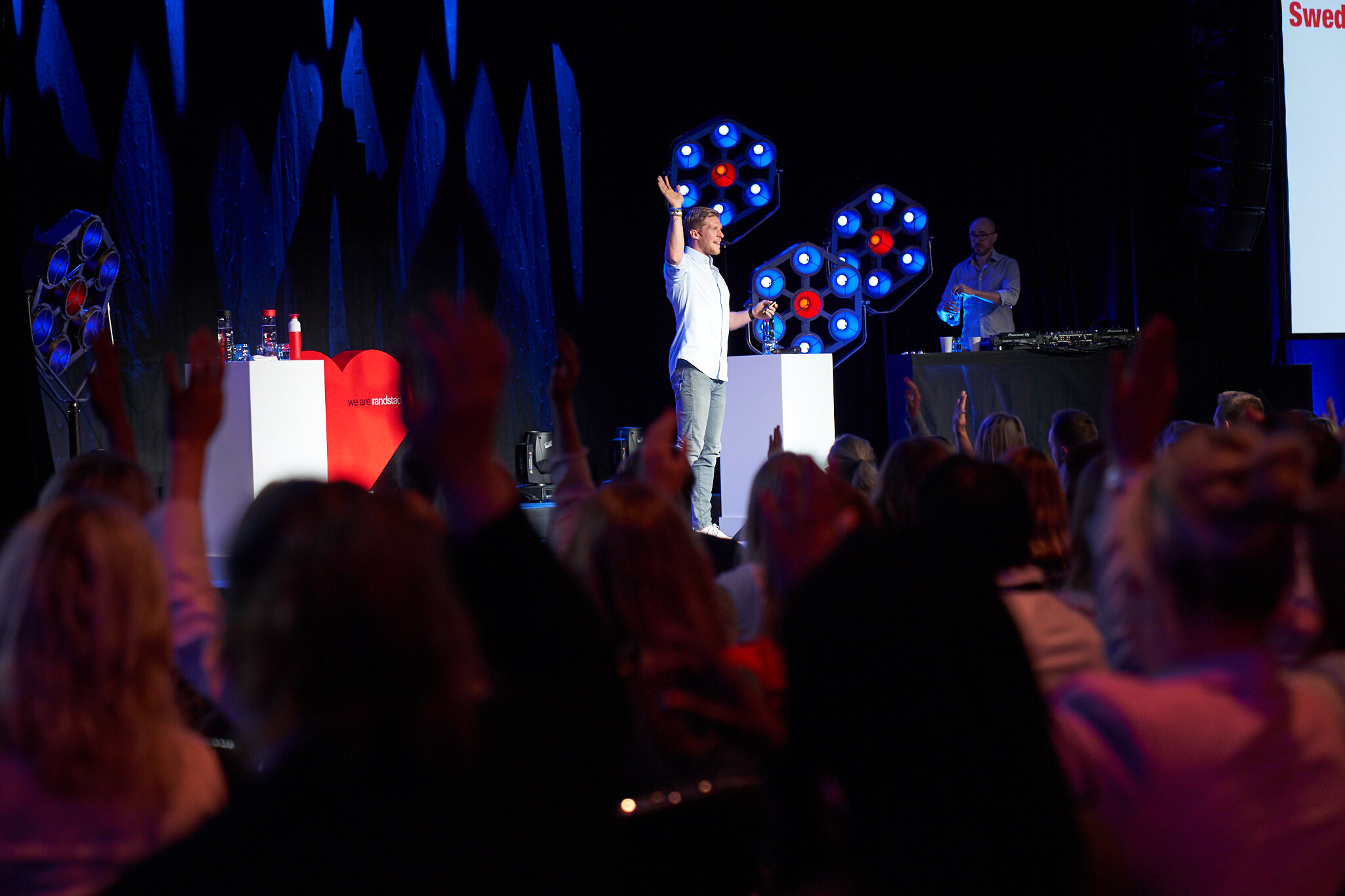
FAQ
Een overzicht van (veel)gestelde vragen via de website, na presentaties en over het boek of de blogs.
Marketing Summit Kramp Group [23/06/2021]
Why did you stop doing your experiments while travelling around the world and show this cool experiences with others? (Kevin)
The reason I stopped after 37 experiments in roughly 3 years, is because I needed to change gears. This might sound strange when you fly all around the world, but I got so used to the lifestyle, and to not being in the same place for longer than a maximum of two weeks, that I felt I needed to challenge myself in a different way. By not only helping others to start experiments, but to stick around long enough to help them adjust and eventually finish as well. So that’s what I do now. I still do plenty experiments (and write and speak about them), just in a different way.
What is your legacy? What do you want to bring to the world? (Mikhail)
Honestly, I’m not so concerned about creating a legacy. Maybe that’s because of my age, or because when I focus too much on creating a legacy, it feels too forced. What I want to bring into the world is clear: I want to inspire others to live a life of curiosity and experimentation, by leading by example. By showing up everyday.
Could you share the most stressful situation you've ever been with and how you've dealt with it? (Shadia)
During my trip there are many competing for the top spot. But what I generally do when I’m in a stressful situation is to calm down. When a situation is stressed it doesn’t need me to make it even more tense. Therefor I try to slow down, take a few breaths and focus on the most important thing I can do right now. Note that this can sometimes mean to just leave the situation for what it is and do nothing. Even if it’s for just five minutes. You can solve a lot of stressful situations by not making them worse.
After not complaining for a long while, did you find that complaining sometimes relieves you a bit or that it still isn't necessary to complain? (Miselv)
I’ve noticed that complaining for complaining’s sake almost never relieves me of anything. I’d rather figure out what I can do about it (or what I have to accept), so I can move on. That’s what relieves me.
How do you ‘measure’ the succes of your mission? (Zsombor)
I’ve struggled with this over the years. I believe the most important things (love, trust, true friendship, etc) are very hard to measure. And these are the foundation for a happy life and even good work. Whenever I get distracted by the tangibles (money, followers, likes, etc) it messes with my mood. And it distracts my from what I want to do: live a curious life, experiment, and share my lessons.
What does help is that I write a daily blog. The habit of creating something everyday is very fulfilling and easy to measure at the same time. My advice if you want to measure something, focus on the process and on showing up every day, and leave the results for what they are. They will follow eventually if you keep doing the work.
How do you find that drive to just start something new? (Maria)
Curiosity. Plain and simple. I work hard to keep an open and curious perspective about people, life and work in general. Every now and then something sparks my curiosity, and those are the things I (might) pursue. My experience is that when you do something out of curiosity the drive comes from within and is much easier to sustain. Note: I don’t mean finding a passion. That's to abstract, and you might not have one passion. Follow your curiosity is much more actionable (and enjoyable).
What changed for you when you realized how priveleged we live here in the Netherlands compared to the people in the countries you visited? Do you do anything different? (Gabriela)
I think gratitude is the key. Even before traveling I would write in a ‘five minute journal’ every day. It’s a habit where every morning you write down three things you’re grateful for. While traveling I continued this and the 21-day no complaining challenge is also a great way to put gratitude in practice. Whenever I talk about this it always feels a bit fuzzy, though. It's maybe something you shouldn’t talk about, but just do ;-)
Is your book is available in English? (Mathilde)
Nope. There is an English talk which covers parts of what is in the book.
How did these different ideas for the experiments come to your mind? Spontaneously? (Alexandra Blenk)
By actively asking a lot of questions, to figure out the problem behind the problem. And by paying attention to what everyone considers to find ‘normal’, but when you think about it is actually very strange. Like that we all spend so much time in our inbox and in meetings, and no one really likes this. Then I try to make it as small as possible, so it becomes actionable. And this is something else a lot of people don’t take the effort to do, because they think that when you start small, it’s not worth it at all. But it’s the only way to figure out how to eventually do something big.